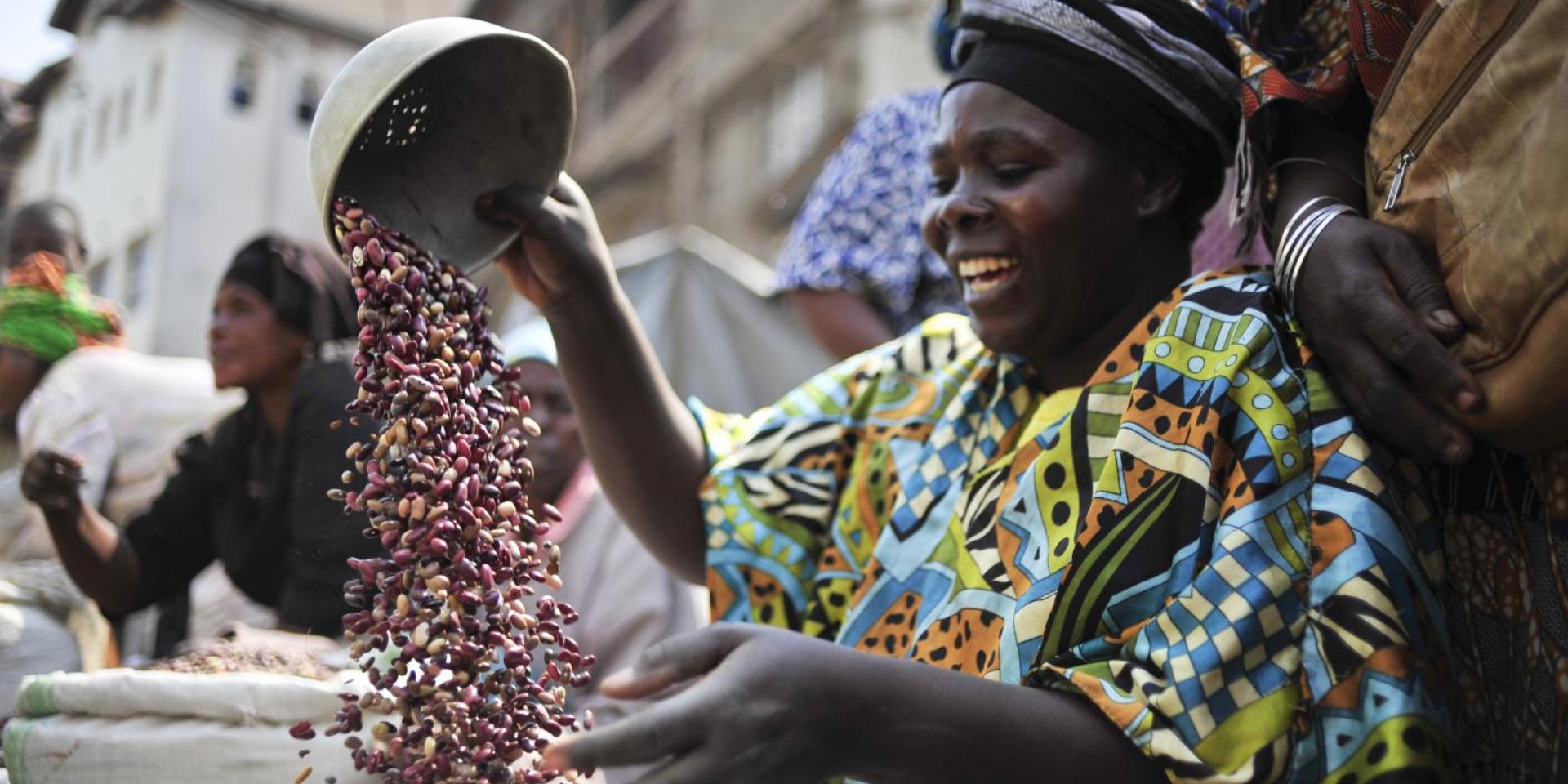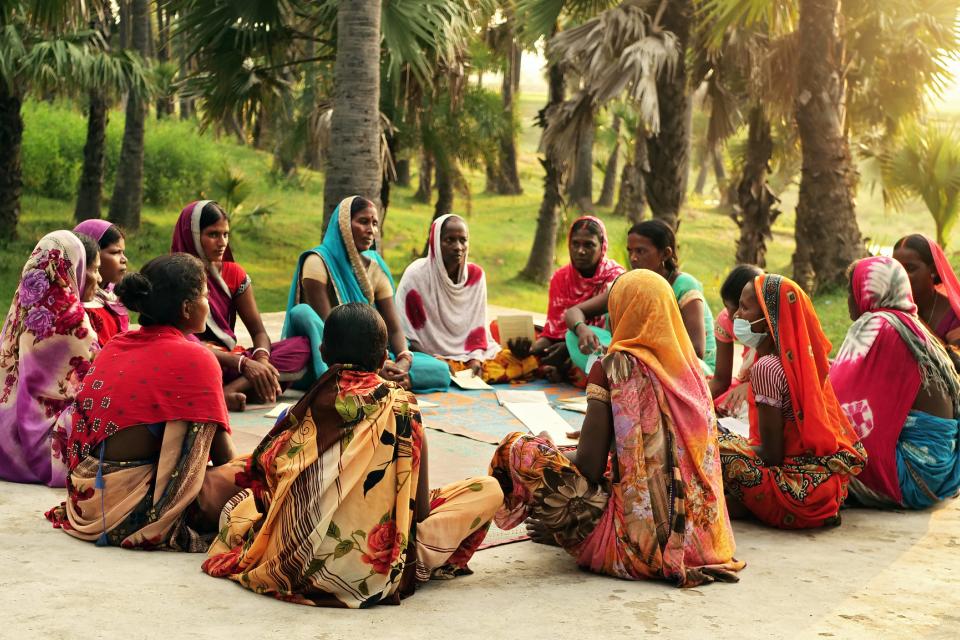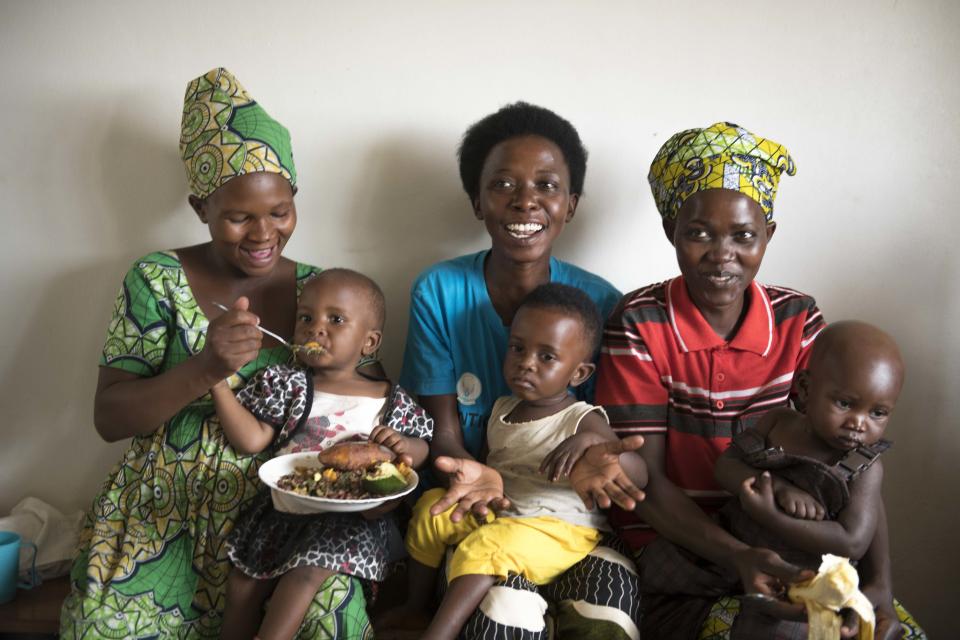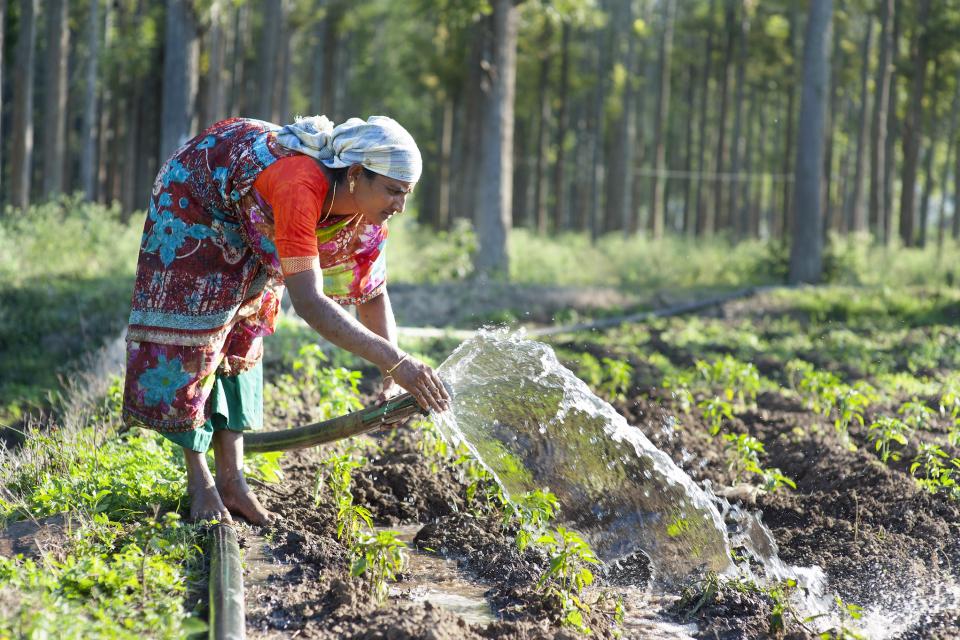What benefitting 110,000 farmers looks like
 Photo: CGIAR
Photo: CGIAR
The Rwanda Climate Services for Agriculture project demonstrates significant productivity, income, food security and women’s empowerment benefits for 110,000 participating farmers.
On this World Telecommunications and Information Society Day, we're reflecting on the ways the CGIAR Research Program on Climate Change, Agriculture and Food Security (CCAFS) has been investing in digital transformation. One program that has been especially successful in bridging telecommunications and food security is the Rwanda Climate Services for Agriculture (RCSA) initiative.
From 2016 through 2019, RCSA engaged rural farming communities, agricultural extension staff, development NGOs and other intermediaries in Rwanda through a series of activities focused on climate risk management, including training and targeted research. The goals of the project were to improve the supply, communication and use of climate-related information in a balanced manner using products co-developed by both providers and users.
In addition to disseminating climate information via radio and mobile phones, the RCSA project employed the Participatory Integrated Climate Services for Agriculture (PICSA) process to train and facilitate 111,835 farmers across all 30 of Rwanda’s districts to understand and incorporate climate information into their management decisions.
Evaluation shows that the 111,835 farmers, across all 30 districts, who participated in RCSA communication and capacity development interventions were more likely to act on weather and climate information; experienced an average 24% increase in the value of crop production and a 30% increase in income from crops; and perceived improvements in food security, investment in farming, coping capacity, and confidence as farmers. Project interventions increased women’s participation in household decision making and standing in their communities.


